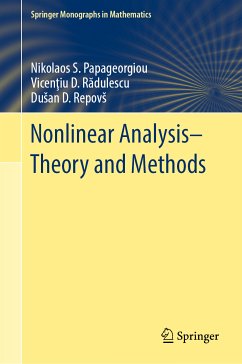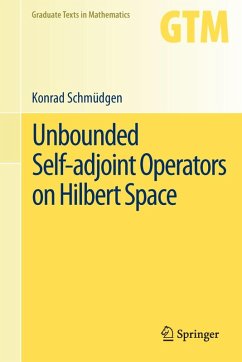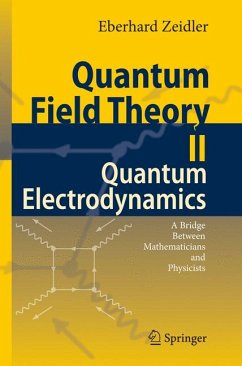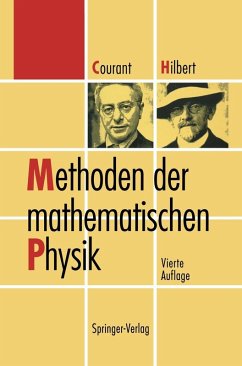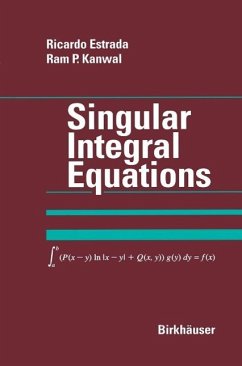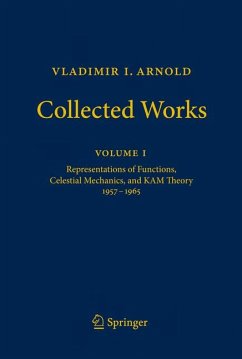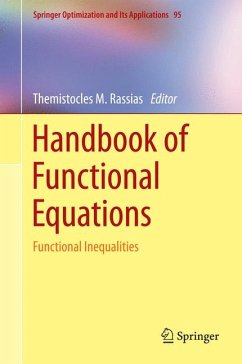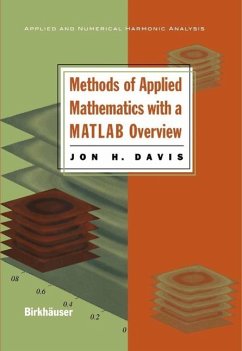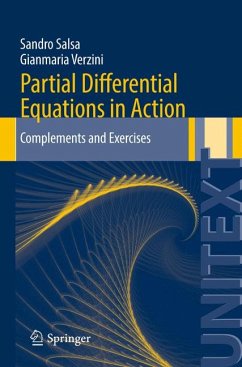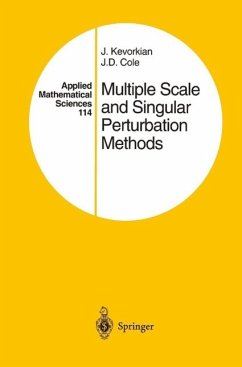
Mathematical Methods in Physics (eBook, PDF)
Distributions, Hilbert Space Operators, and Variational Methods
Versandkostenfrei!
Sofort per Download lieferbar
72,95 €
inkl. MwSt.
Weitere Ausgaben:

PAYBACK Punkte
36 °P sammeln!
Physics has long been regarded as a wellspring of mathematical problems. Mathematical Methods in Physics is a self-contained presentation, driven by historic motivations, excellent examples, detailed proofs, and a focus on those parts of mathematics that are needed in more ambitious courses on quantum mechanics and classical and quantum field theory. A comprehensive bibliography and index round out the work.
Dieser Download kann aus rechtlichen Gründen nur mit Rechnungsadresse in A, B, BG, CY, CZ, D, DK, EW, E, FIN, F, GR, HR, H, IRL, I, LT, L, LR, M, NL, PL, P, R, S, SLO, SK ausgeliefert werden.




